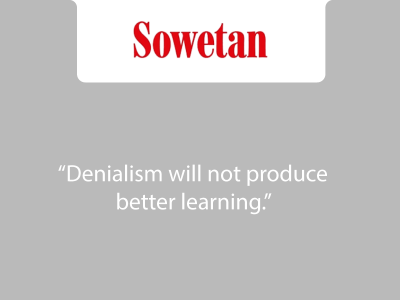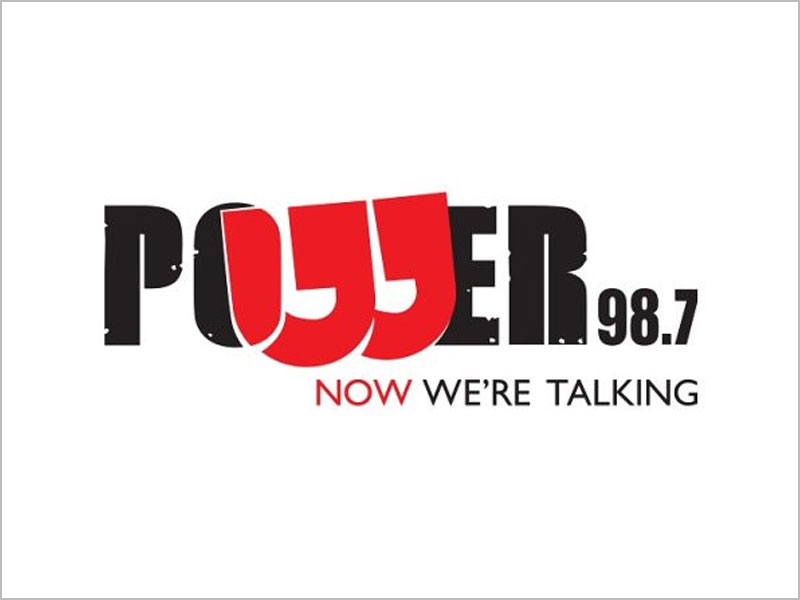
The Centre for Development and Enterprise CDE is disappointed by the dismissive comments made by national basic education spokesperson Elijah Mhlanga published in your newspaper Department slams report on SA education system, Sowetan March 29, 2023. Mhlanga’s denial of the enormous challenges in our schools highlights how vital it is for a fresh new team to be installed at the helm of our education system. Denialism will not produce better learning.
The Silent Crisis: Time to fix South Africa’s schools is a series of five new CDE reports. It is a comprehensive analysis of the education system, highlighting the reasons behind its chronic underperformance and suggesting potential solutions. Our research is based on extensive data analysis, interviews with top education experts in the country and internationally, and case studies of successful reform.
When Mhlanga eventually reads all of CDE’s reports, he will see that a central finding of our research is not well known in SA: World Bank data indicates that we are the worst underperformer of all low and middle – income countries when it comes to learning outcomes on international benchmark tests, relative to per capita income.
We perform so much worse than we should when you consider our expenditure. As an illustration, consider that children in the poorest quarter of schools in Kenya outperform children in the richest quarter of schools in Western Cape one of the better performing provinces in SA in grade 6 mathematics outcomes.
Kenya’s public education spending is about five times as efficient as ours. Despite far lower expenditure per pupil, Kenyan students do better than SA learners on international tests for literacy and numeracy.
In one respect, Mhlanga is correct when he says that we are “not saying anything new”. The CDE has called for the department of basic education and provincial education departments to implement the recommendations of the ministerial task team report of 2016, which found pervasive corruption. The task team concluded that the SA Democratic Teachers’ Union Sadtu , the country’s dominant teacher union, “is in de facto in charge of the management, administration and priorities of education” in “six and possibly more of the nine provinces”. Even minister Angie Motshekga herself admitted in 2015 that Sadtu had a “stranglehold” over basic education in SA.
To this day, none of the task team’s recommendations to address corruption, cadre deployment, conflicts of interests and state capture in the basic education sector has been implemented. Of a sample of cases investigated by the task team, 38 “provided grounds for reasonable suspicion or wrongdoing”. As of February 2023, not a single one of the individuals implicated were suspended or arrested. This was confirmed by task team chair and respected education leader Professor John Volmin.k.
On top of facilitating a jobs-for-cash racket, Sadtu was found to have improperly inserted itself into the education bureaucracy. Despite promising to do so, the minister never took action. Bernstein is the executive director at CDE.
Bernstein heads the Centre for Development & Enterprise. This article is based on ‘The Silent Crisis: Time to fix SA’s schools’ a new series of five reports by the centre.
Article published by the Sowetan




